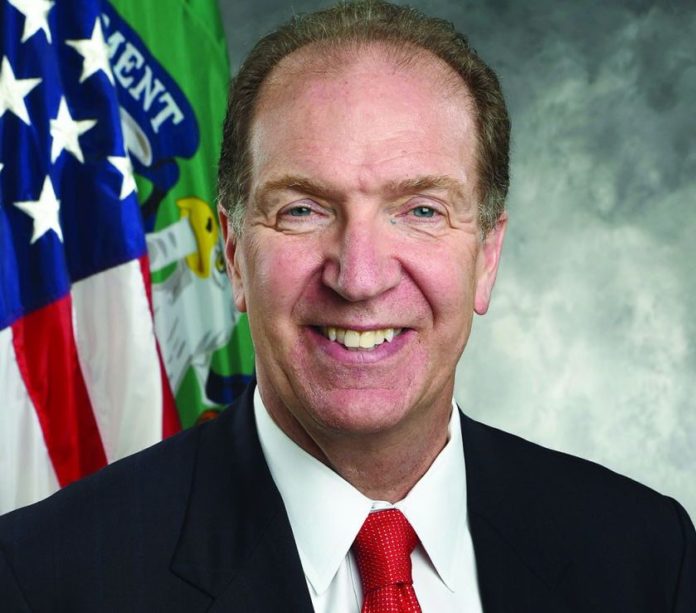The Buhari Media Organisation (BMO) has described the 2019 Nigeria economic update by World Bank as correct but incomplete. The World Bank report had indicated that Nigerians living in extreme poverty may increase by more than 30million by 2030. This, according to BMO, is an objective but inconclusive analysis in that it did not take into consideration current policy deployments by the Federal Government.
In a statement signed by its Chairman Niyi Akinsiju and Secretary Cassidy Madueke, BMO said efforts to reduce poverty, increase domestic revenue, remove trade restrictions and improve the predictability of economic policies have been largely successful over the past few years. “President Buhari’s administration has been addressing all the concerns raised by the World Bank by creating an ecosystem through which policies are deployed in a concentric manner, in a way that they are interrelated and intensified. “President Buhari in 2016 launched the National Social Investment Programme (NSIP) to provide social protection for the poor through “capacity building, investment and direct support.” The NSIP is not just the largest social protection system in the country’s history, it is also the largest in Sub-Saharan Africa. “National Social Investment Programme (NSIP) which of course is targeted at the poor and vulnerable members of the Nigerian population, is already tackling and addressing the root causes of poverty in the country. “The 2019 Finance bill presented to the Legislature by President Muhammadu Buhari, along with the 2019 Budget, has exempted small businesses with a turnover of less than N25m from Companies Income Tax. It also reduced company Income Tax rate from 30% to 20% for medium-sized companies with a turnover between N25m and N100m. “On the fiscal revenue generation, the concern had been that the tax-to-GDP ratio has remained at 6% which is even relatively lower when compared to other developing economies. The finance bill has addressed this. One of the major pivots of the finance bill is that all operators of accounts in Nigeria will have to provide their Tax Identification Number (TIN) either for opening new accounts or for maintenance of old accounts for transparency and it will improve our revenue generation capacity. “The Central Bank of Nigeria (CBN) which is the monetary policy authority has raised Loan-to-Deposit Ratio (LDR) of banks from 60 to 65 per cent, principally to create access to credit for either existing businesses or new businesses. The loan-to-deposit policy of the CBN has continued to increase banks’ credit to the private sector, in a bid to drive lending to the real sectors.” According to the Buhari group, for the first time in the history of Nigeria, Deposit Money Banks (DMOs) are actually involved in their primary mandate of financial intermediation, balancing the supply of funds with the demand of funds at the level of access to credit. “Nigeria has seen a progressive increase in GDP since we exited the recession, our economy has shown capacity for growth. Growth may be slow until now, but it has shown the capacity to grow from 0.8% in 2017 to 1.9% in 2018 and now doing an average of 2.0 to 2.1 in 2019. We are sure that in another three years, with all the policies being deployed by Federal Government our GDP growth will be higher than 3%, the statement added.













